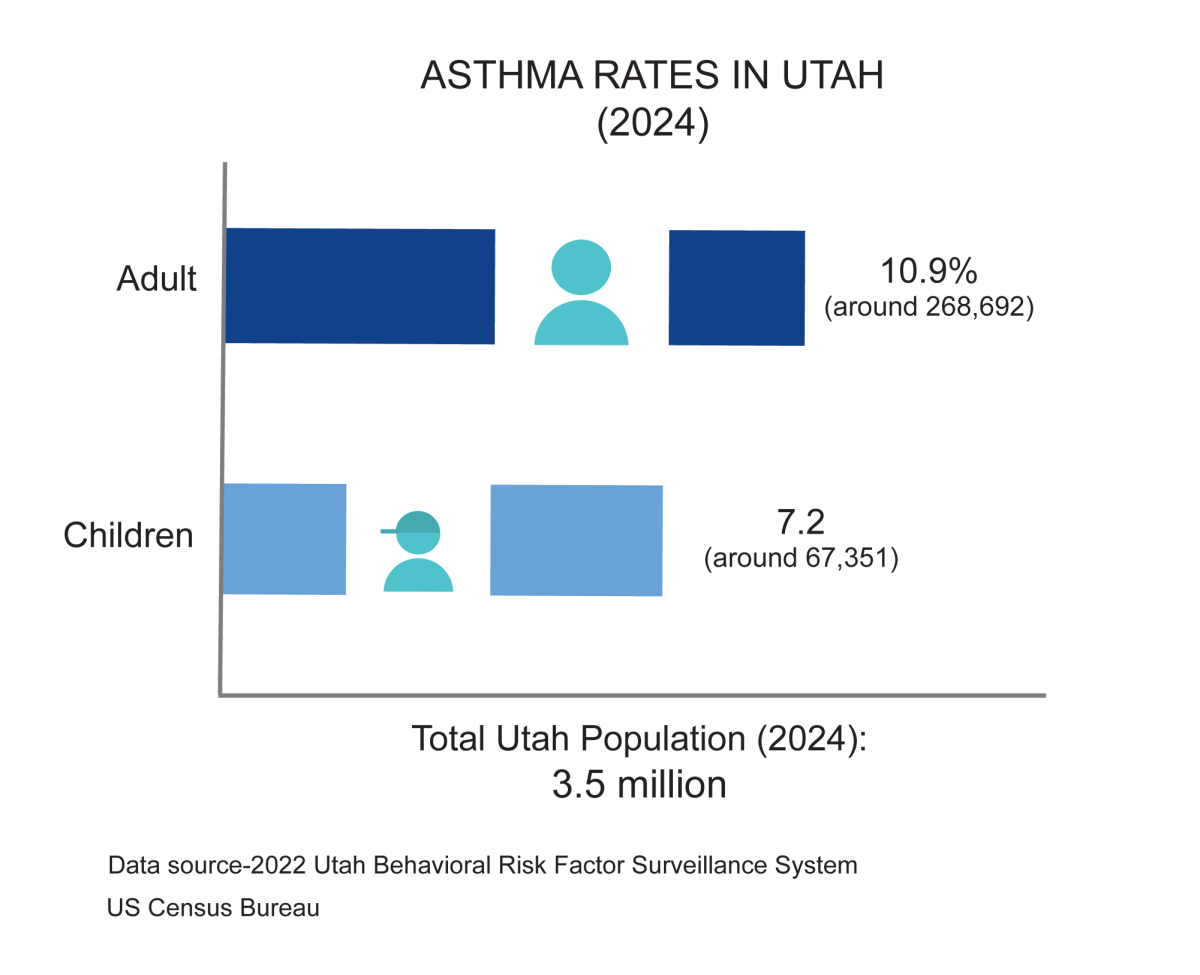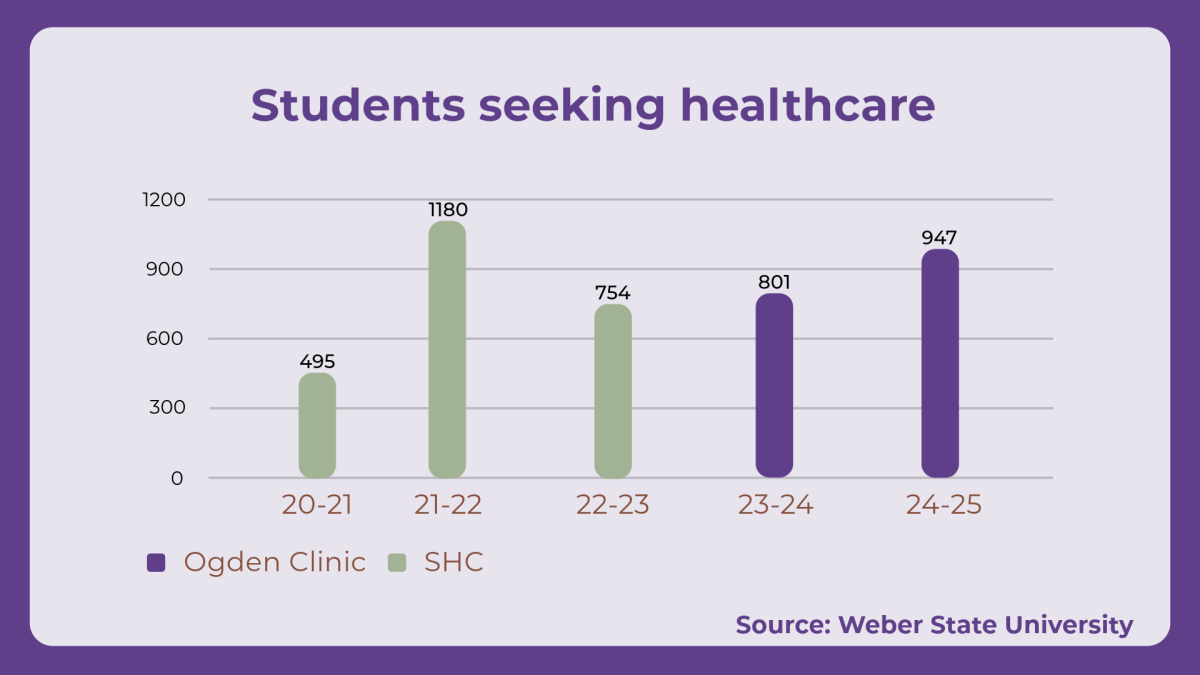Most of us have probably heard by now about the death of Philip Seymour Hoffman, widely known as one of the best character actors of our time.
If you hadn’t heard of him before this, let me assure you he was a big deal. He won an Oscar for the iconic lead role in 2005’s “Capote,” which was his first nomination but not his last. In the seven years since then, he became an Oscar mainstay with three more nominations, for heavyweight roles such as an L. Ron Hubbard expy in “The Master” and a Catholic priest facing molestation accusations in “Doubt” (he went toe to toe with Meryl Streep in that film, and arguably won), and he would surely have been nominated for many more. Even if you don’t follow Oscar-bait films, you might be familiar with his small but memorable roles in “Twister,” “Patch Adams” and “Red Dragon.” The younger crowd now knows him as Plutarch Heavensbee in “The Hunger Games: Catching Fire.” I guarantee most of you have seen him in something. The guy’s been in everything from “Almost Famous” to “Along Came Polly” to Broadway. Just a couple days before his death, it was announced he would be directing his second film.
Not only is he a huge loss to the film world — he and his partner of 15 years, Mimi O’Donnell, had three young children, ages 5-10. Their dad was only 46, expected to be around for them for decades still to come. So yeah, it just keeps getting sadder.
One of the saddest aspects of this story is that Hoffman died of a heroin overdose. The most preventable deaths are arguably the most tragic, yet somehow they bring out the worst in people, as if they are somehow less deserving of our empathy. Twitter in particular has become a platform for people to express their ignorant judgment on the subject of drug addiction. One of the more infamous responses to Hoffman’s death has been “Supernatural” star Jared Padalecki’s tweet that he wouldn’t call Hoffman’s death “sad,” but “stupid.” We saw similar victim-blaming sentiments in response to Cory Monteith’s and Amy Winehouse’s deaths.
Yes, I chose that term, “victim-blaming,” consciously. Drug addiction is a tragic disease, and the only one I can think of that so often fatally penalizes the victim for seeking help. After post-rehab overdose deaths like Monteith’s, many point out that they likely only used what could’ve been a regular amount of a drug for their bodies to handle prior to their seeking help, but was too much for them after having gotten clean. Hoffman also had previously admitted to being a heroin addict, had been in rehab and, prior to a relapse last year, had been clean for 23 years, according to the New York Daily News. That kind of undermines the dismissive argument that Hoffman had the means to get help but didn’t. I can’t think of many things sadder than someone being killed basically because they were brave enough to seek help.
Can you imagine knowing that something might well kill you, but its pull on you being so strong that there are times when it feels bigger than yourself, bigger than self-preservation? Can you imagine the kind of shame that must evoke in someone, especially someone surrounded by loved ones who need them, without our judgmental ignorance making it worse? How on earth can you not find that concept tragic?
Before you judge anyone, think about your own vices. Maybe you’re addicted to unhealthy foods, and try as you might to diet, you still have nights when you binge on donuts and pizza. You might even be crying and hating yourself as you eat, but you just can’t be strong all the time. Maybe you have depression, and you have it mostly under control, but some days you just can’t fight it. What if that one relapse could kill you instantly? Would your death deserve everyone’s sanctimonious criticism of your “selfish decision”?
This is a textbook situation of “there but for the grace of God go I” (a saying that pretty much means the same thing whatever you believe in spiritually). We all have our struggles, our regrets, and some of us are lucky enough to never pay for them with our lives. Some of us are not. Those people deserve our empathy, and our continued efforts to reach out to and decrease the stigma for those in similar situations. Our judgments, criticisms and shaming help nobody, so why include them in our condolences?


















